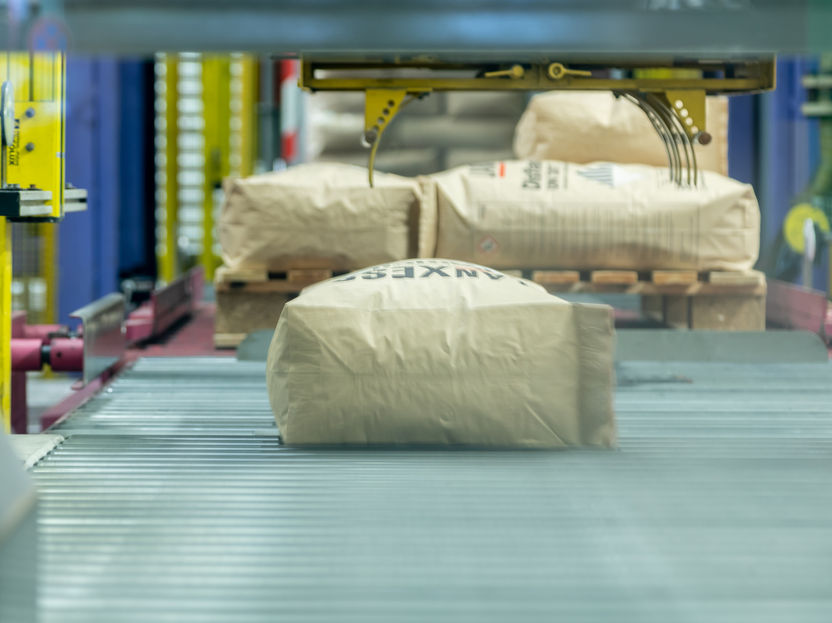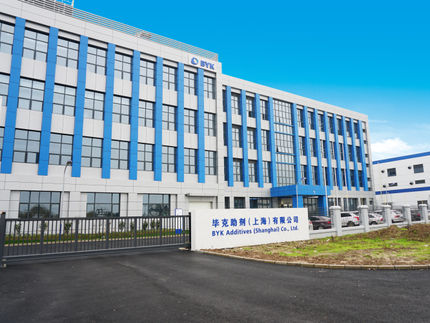LANXESS strengthens global production network for flame retardants
Investments of around EUR 200 million until 2021
Specialty chemicals company LANXESS plans to strengthen its global asset base for flame retardant additives with investments of around EUR 200 million over the next three years. The company runs a strongly backward integrated production network for bromine and phosphorous based flame retardants with plants in the U.S. (Charleston, El Dorado, Greensboro), Germany (Leverkusen, Krefeld-Uerdingen), France (Épierre) and the United Kingdom (Manchester).

LANXESS strengthens its global production network for flame retardants with investments of around EUR 200 million until 2021.
LANXESS AG
“With the acquisition of the U.S. company Chemtura in spring 2017 we became one of the world’s leading suppliers of flame retardant additives. With the investment package we will further strenghten our strong position in this growing market,” says Karsten Job, head of the Polymer Additives Business at LANXESS.
LANXESS has significantly expanded its market position for flame retardant additives after integrating the former Chemtura businesses with brominated flame retardant additives, bromine and bromine derivatives. Due to their high effectiveness, these substances are used among others in the construction industry and were an ideal complement for the already existing LANXESS business with phosphorus-based flame retardant additives.
Focus on research and development
In addition to the production network for flame retardants, LANXESS is running two technical development centers for these products in Naugatuck/USA and Leverkusen/Germany. “Out of Leverkusen and Naugatuck, we are driving global innovations like reactive and polymeric flame retardants,” says Job. Reactive and polymeric flame retardants, like LANXESS’s Emerald Innovation 3000, enjoy a constant rise in demand as they offer a much better sustainability profile than standard flame retardants.
Most read news
Other news from the department manufacturing

Get the chemical industry in your inbox
By submitting this form you agree that LUMITOS AG will send you the newsletter(s) selected above by email. Your data will not be passed on to third parties. Your data will be stored and processed in accordance with our data protection regulations. LUMITOS may contact you by email for the purpose of advertising or market and opinion surveys. You can revoke your consent at any time without giving reasons to LUMITOS AG, Ernst-Augustin-Str. 2, 12489 Berlin, Germany or by e-mail at revoke@lumitos.com with effect for the future. In addition, each email contains a link to unsubscribe from the corresponding newsletter.



















































